My first pack of Sams Club lead acid golf cart batteries only lasted 2.75 years and 4861 miles. Total cost per mile was 67 cents including electricity, batteries, and maintenance. The battery replacement cost accounted for 65+ % of my cost of ownership over that time. My second set of Interstate golf cart batteries were even worse, lasting only 2 years and 2870 miles at 85 cents per mile. (I paid $277 for electricity for the truck over those 2 years, so 88% of the cost was the battery purchase price.)
Obviously, from a cost per mile perspective, this is more expensive than gas unless your car is a real lemon (needs lots of maintenance) or a real gas guzzler (Like a hummer). I’ve reciently replaced them with the battery pack from a salvaged Nissan Leaf. Because I put in a lot of sweat equity to retrieve the batteries and lower my costs by selling off the rest of the car, I was able to purchase my 3rd pack for $1200, which is amazingly inexpensive if you compare them to “new” Li-Ion batteries, or even lead acid golf cart batteries.
Of course, my total upgrade cost was closer to $4000, as I had to buy some hardware to mount all those Leaf modules, as well as upgrading my battery charger to make use of them. However, when I go to replace them, all I’ll need to do is purchase a wrecked Nissan Leaf and swap the modules out, so I expect the replacement cost could easily be in the $1500-$2000 range.
And, they should hopefully last a lot longer than the lead acid batteries they are replacing (reports in the 1000-3000 cycles instead of 300-600 cycle range….). They certainly offer better performance! (More available power, lighter weight, etc I’m very happy with the upgrade.)
In summary, I can’t recommend lead acid batteries for any EV that isn’t a golf cart, and even then a LiIon upgrade would probably be worthwhile.
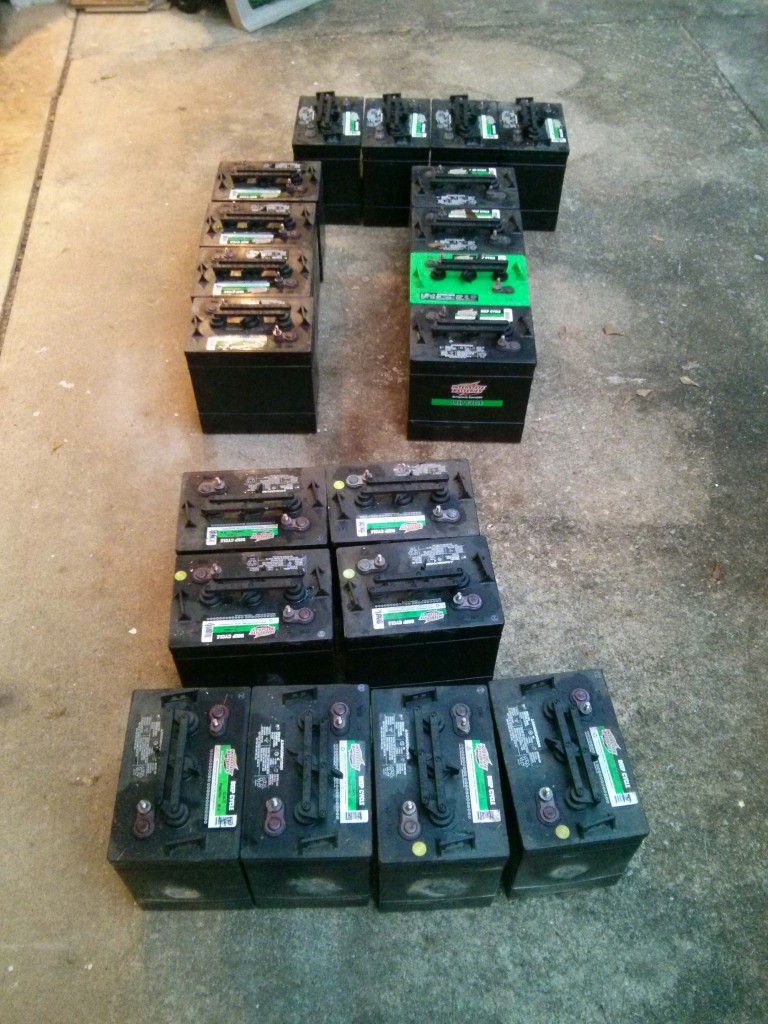
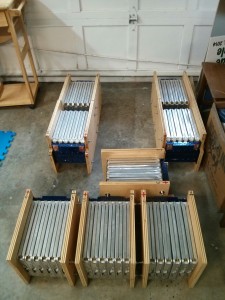
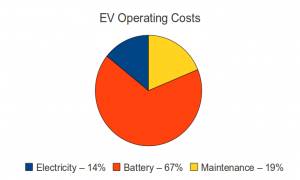

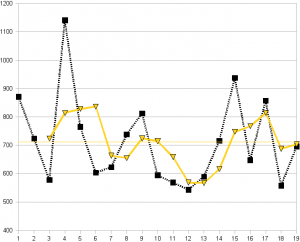
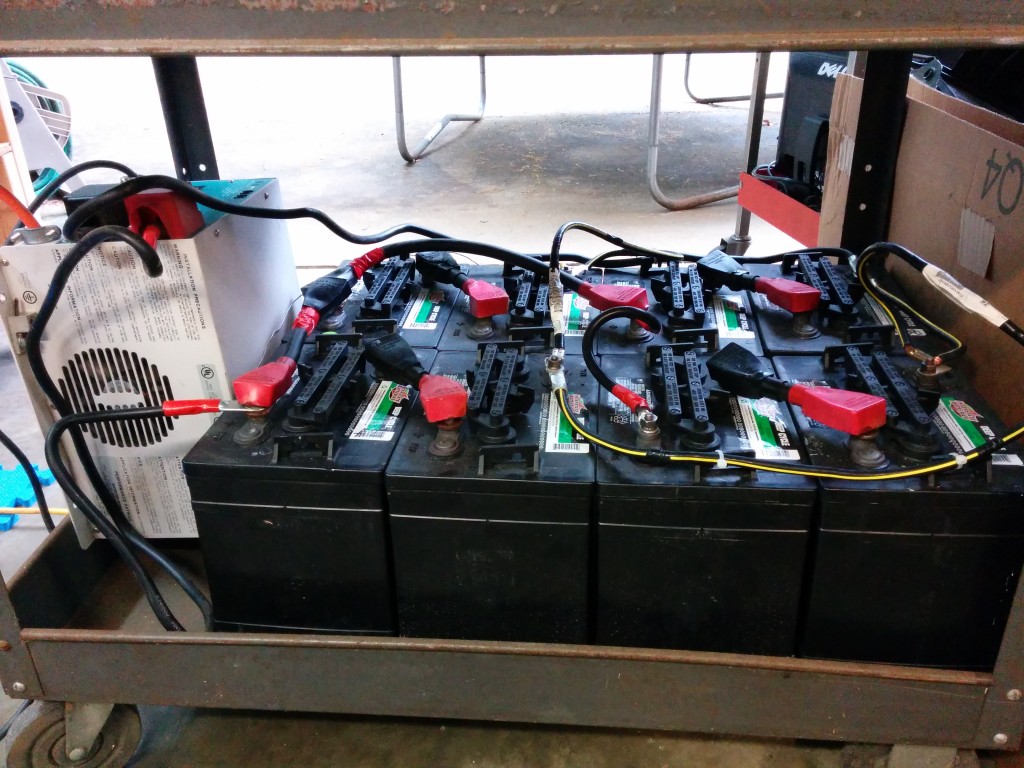
I’m not sure its realistic to compare the cost of new lead batteries to scrounged lithiums. I’ve put two sets of SLAs in my electric neon, both times the cost was less than $750 since they were discounted due to being over 1 year old.
And I’m not going to dispute the value of lead vs lithium, I think the initial cost outlay is a larger deciding factor when building a home brew electric.
The biggest problem with home brew electrics is you can buy a used commercial electric car for less than the cost of a new lithium battery pack. You can pick up a 2 year old Nissal Leaf for $10K, not much reason to build your own anymore.
Yes, a new set of Li-Ion batteries would set me back $6,000, or three times the cost of a lead acid pack. The main point I was trying to make is that the lead acid packs cost more than gas (or even the federal 0.53 per mile reimbursement rate) so they were not cost economical. I’m hopeful that the Li-Ion batteries will be more cost effective. I’m sure that my salvaged and very inexpensive pack will be, but I don’t know about if you were to purchase a new pack.
W.R.T. EV conversion vs buying….yes, for the next family car I plan on buying a used Leaf, much better quality, fit and finish, and full featured than a conversion. But, I already had the S-10 and it needed new batteries, so away I went…of course, it’s a lot harder to carry home a couch in the Leaf, so the pickup conversion does have some (one?) advantage(s).
Are there more photos of the leaf conversion batteries? What did you use to cover the terminals?
If you view the “leaf” tag on my blog you can see the whole process of buying the salvage Nissan Leaf, building the modules, and installing them.
https://www.summet.com/blog/tag/leaf/
I used an acrylic box I made on a laser cutter to cover the terminals.
https://www.summet.com/blog/2015/10/28/laser-cut-acrylic-terminal-covers/